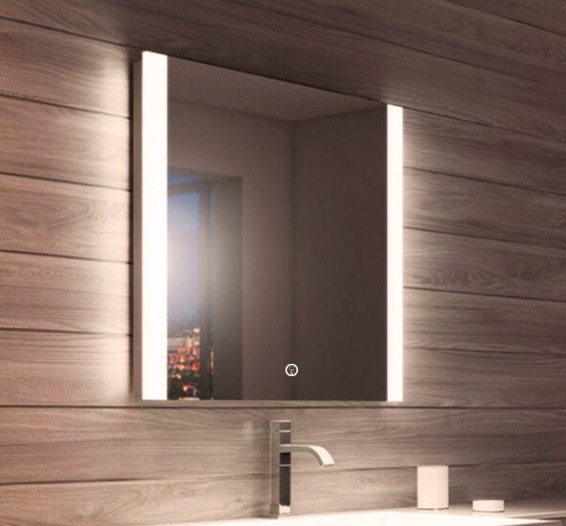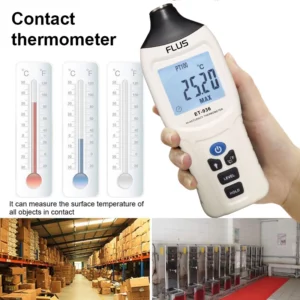The Application of Household Thermometers in Smart Homes
Home » The Application of Household Thermometers in Smart Homes
RECENT POSTS
Share:
- November 25, 2024
Table of Contents
In the age of smart technology, our homes are becoming increasingly interconnected, allowing for greater convenience, efficiency, and comfort. One of the essential devices that have found a place in smart homes is the house thermometer. This unassuming gadget plays a crucial role in maintaining optimal living conditions, ensuring that our homes are not only comfortable but also energy-efficient. In this article, we will explore the various applications of household thermometers in smart homes and how they contribute to a better living environment.
Understanding the House Thermometer
A house thermometer is a device that measures the temperature of the air in your home. Traditional thermometers are often simple, analog devices that provide a basic reading of the temperature. However, modern household thermometers have evolved into sophisticated digital devices that can connect to the internet and communicate with other smart home systems. These smart thermometers can be integrated into a home automation system, allowing homeowners to monitor and control their indoor climate remotely.
Enhancing Comfort with Smart Thermometers
One of the primary applications of a house thermometer in a smart home is enhancing comfort. By accurately measuring the temperature in different rooms, smart thermometers can help homeowners maintain a consistent and comfortable environment. For instance, if a room is too hot or too cold, the smart thermometer can send alerts to the homeowner’s smartphone, prompting them to adjust the thermostat or take other actions to improve comfort.
Moreover, many smart thermometers come equipped with features that allow them to learn the homeowner’s preferences over time. By analyzing temperature patterns and user behavior, these devices can automatically adjust the heating and cooling systems to ensure that the home remains at the desired temperature. This enhances comfort and reduces energy consumption, making it a win-win situation for homeowners.
Energy Efficiency and Cost Savings
Another significant application of household thermometers in smart homes is their role in promoting energy efficiency. Traditional heating and cooling systems often operate on a fixed schedule, which can lead to unnecessary energy consumption. However, by integrating a house thermometer into a smart home system, homeowners can optimize their energy usage.
For example, when the house thermometer detects that no one is home, it can automatically adjust the thermostat to save energy. Similarly, if the thermometer senses that the temperature is comfortable, it can signal the HVAC system to reduce its output, preventing energy waste. This level of automation not only helps homeowners save on their energy bills but also contributes to a more sustainable lifestyle.
Remote Monitoring and Control
The ability to monitor and control the temperature in your home remotely is another valuable application of household thermometers in smart homes. With the rise of mobile apps and smart home platforms, homeowners can access real-time temperature data from anywhere in the world. This feature is particularly useful for those who travel frequently or have second homes.
Imagine being on vacation and receiving a notification from your house thermometer that the temperature in your home has risen significantly. With a few taps on your smartphone, you can adjust the thermostat to prevent damage to your property or ensure that your home is comfortable upon your return. This level of control provides peace of mind and enhances the overall smart home experience.
Integration with Other Smart Devices
Household thermometers can also be integrated with other smart devices to create a cohesive and efficient home automation system. For instance, when combined with smart thermostats, these thermometers can optimize heating and cooling based on real-time temperature readings. This integration allows for more precise control over the indoor climate, ensuring that each room is maintained at the desired temperature.
Additionally, smart thermometers can communicate with other devices, such as smart blinds or fans. For example, if the house thermometer detects that a room is getting too warm, it can signal the smart blinds to close, reducing heat from sunlight. Similarly, it can activate a smart fan to circulate air, providing a more comfortable environment without relying solely on the HVAC system.
Conclusion
House thermometers are becoming indispensable tools for modern homeowners. They enhance comfort, promote energy efficiency, enable remote monitoring, and integrate with other smart devices.
0


